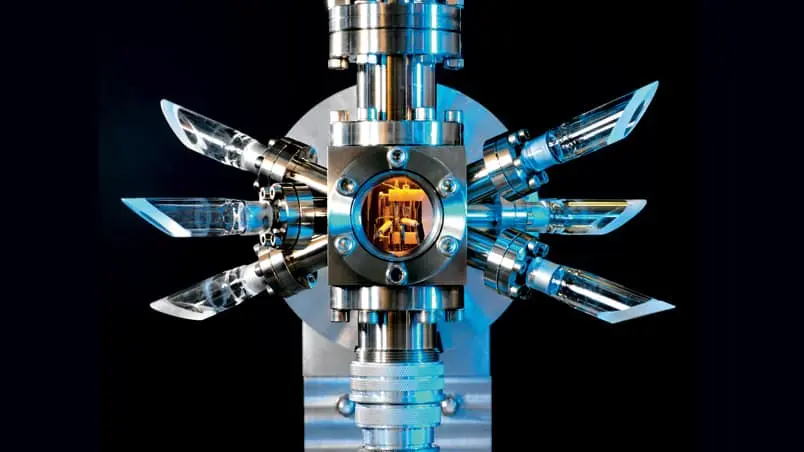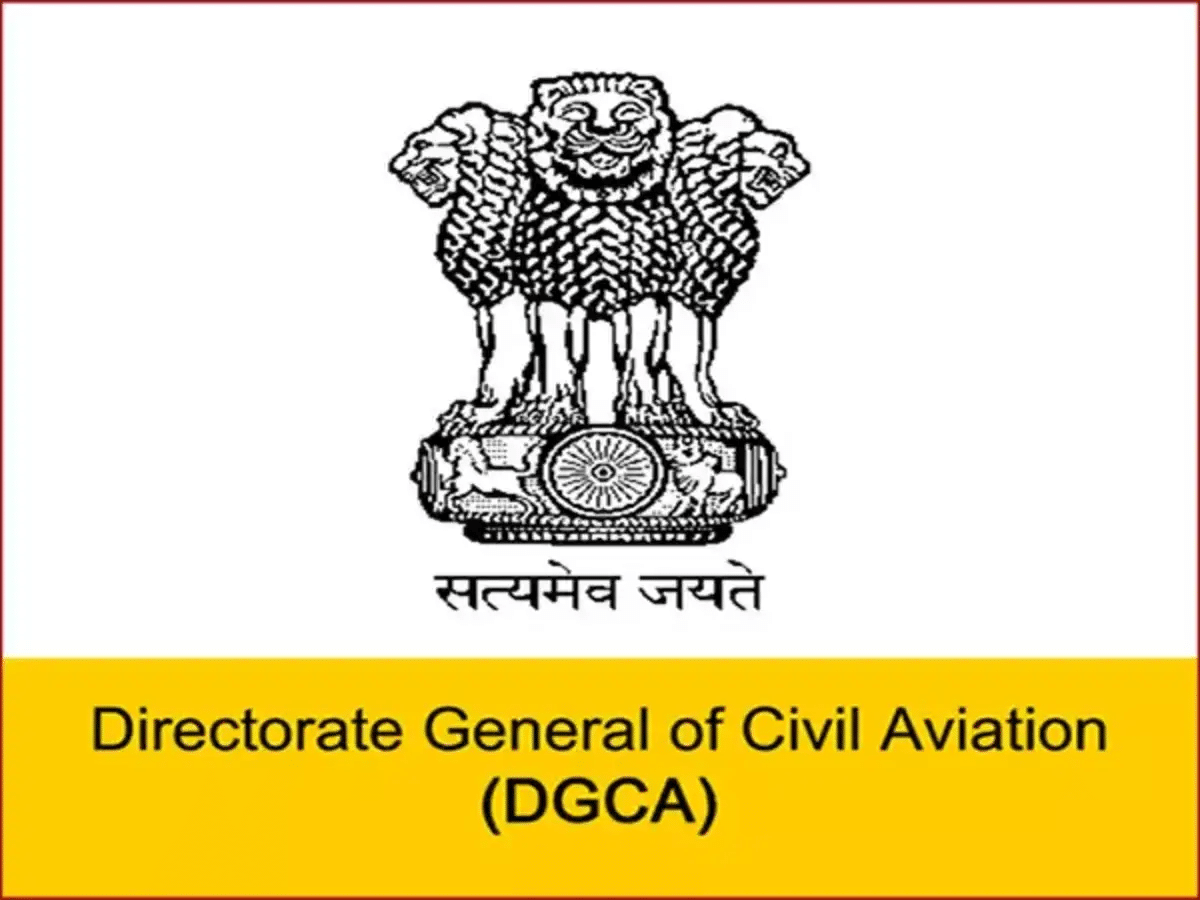About Atomic clock:
- It is a device that measures time using the vibrations of atoms.
- It specifically uses the oscillations of the electrons in atoms to keep time.
- It is the most accurate time-keeping device available, with a margin of error of just a few billionths of a second per day.
- It is far more precise than conventional clocks because atomic oscillations have a much higher frequency and are much more stable.
- Working
- Atomic clocks work by using a type of atom called a “cesium atom”.
- Cesium atoms are very stable and have a very specific frequency at which their electrons vibrate. This frequency is used as the basis for the atomic clock’s timekeeping.
- To measure time using cesium atoms, an atomic clock uses a device called a “microwave cavity”. The microwave cavity is a chamber that is filled with cesium vapor.
- A microwave signal is then sent into the cavity, which causes the cesium atoms to vibrate. As the cesium atoms vibrate, they emit radiation at a very specific frequency.
- This frequency is then detected by a detector, which compares it to a standard frequency.
- The difference between the two frequencies is used to adjust the clock’s timekeeping.
- Applications
- GPS systems: GPS systems use atomic clocks to measure the time it takes for a signal to travel from a satellite to a receiver on Earth. This allows GPS systems to calculate the receiver’s location with great accuracy.
- Telecommunications networks: Telecommunications networks use atomic clocks to synchronize the timing of signals that are sent over long distances.
- Scientific research: Atomic clocks are used in many scientific experiments that require precise timing, such as studies of the behavior of atoms and molecules.
Q1: What is quantum technology?
Quantum technology is a class of technology that works by using the principles of quantum mechanics (the physics of subatomic particles), including quantum entanglement and quantum superposition.. It enables revolutionary advancements in computing, communication, and sensing.
Source: NDTV
Last updated on November, 2025
→ Check out the latest UPSC Syllabus 2026 here.
→ Join Vajiram & Ravi’s Interview Guidance Programme for expert help to crack your final UPSC stage.
→ UPSC Mains Result 2025 is now out.
→ UPSC Notification 2026 is scheduled to be released on January 14, 2026.
→ UPSC Calendar 2026 is released on 15th May, 2025.
→ The UPSC Vacancy 2025 were released 1129, out of which 979 were for UPSC CSE and remaining 150 are for UPSC IFoS.
→ UPSC Prelims 2026 will be conducted on 24th May, 2026 & UPSC Mains 2026 will be conducted on 21st August 2026.
→ The UPSC Selection Process is of 3 stages-Prelims, Mains and Interview.
→ UPSC Result 2024 is released with latest UPSC Marksheet 2024. Check Now!
→ UPSC Prelims Result 2025 is out now for the CSE held on 25 May 2025.
→ UPSC Toppers List 2024 is released now. Shakti Dubey is UPSC AIR 1 2024 Topper.
→ UPSC Prelims Question Paper 2025 and Unofficial Prelims Answer Key 2025 are available now.
→ UPSC Mains Question Paper 2025 is out for Essay, GS 1, 2, 3 & GS 4.
→ UPSC Mains Indian Language Question Paper 2025 is now out.
→ UPSC Mains Optional Question Paper 2025 is now out.
→ Also check Best IAS Coaching in Delhi

















